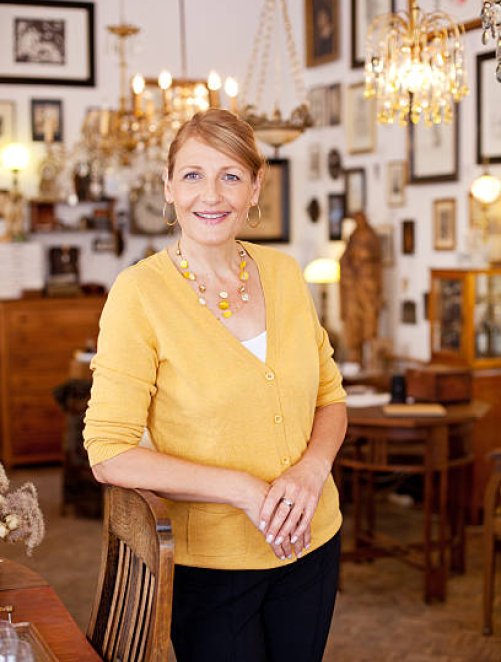





Wool Oriental Rug
Sz 4’.9”x 6’.3” I bought this from an elderly lady (76) who lived in a very nice house. Said it was her grandmother’s and she just didn’t have room for it anymore. I got an amazing deal on it. I can tell it’s hand knotted and tied. Wool? It seems very scratchy. It’s very colorful and is in excellent condition. Zero fraying, no holes, no water damage. Pristine! Possibly vegetable dyed?
Previously answered in last box
Other
Maybe


Hello Jessica,
I’m very glad that you chose Mearto for your online appraisal,
Considering the photographs, overall pattern, knot density and the colours, I concluded that this is an Entirely Hand Knotted Turkish Rug from the Eastern Region of Turkey. Eastern Anatolia is very famous with it's hand knotting skills there is a large variety of rugs from Kurdish Villager Rugs to Caucasian Rugs that came from the Caucasian part of Turkey. Yours is a very exceptional piece, these heavily decorated pieces are rarely seen. This piece would date around 1910-1930 period. Even the borders are incredibly heavily decorated. It has a low knot density which certifies that this was a village made rug by a local weaver for her own dowery probably.
This sort of pieces are a lot more valuable then the commercial one in most cases since the artists tend to reach the highest performance and obtain the highest quality when they are working for their own. The piece has a central decoration with a central medallion that consists of "Ram Horn" and flower patterns. As characteristic to Turkish pieces the decoration is incredibly geometrical. This is due to the knot type used by the Turkish weavers, the Turkish knot is symmetrical unlike the asymmetrical Persian knot, therefore the circular edges or motifs are harder to knot and render. On the lower and upper middle parts we can detect two green coloured "Scorpion" motifs, very characteristic to Turkish rugs. They are knotted on the piece with the intention that the scorpion would scare away the bad news and the bad luck. The piece has countless more motifs such as, "Bereket", "Eyes" and "Wheat". Also many plant and geometrical depictions were made. The colours seem appropriate for natural dyes but the orange colour is arguable. This was a rare colour and is rarely used this heavily. In good condition for the age with signes of use and age on it's salvages and fringes.
Entirely hand knotted.
Dimensions: 4 Feet and 9 Inches by 6 Feet and 3 Inches
Condition: In good condition for the age with signes of use and age on it's salvages and fringes. May require some restoration.
Provenance: The current owner bought it from an elderly lady(76) who stated that this piece belonged to her grandmother.
Heavily decorated by traditional Anatolian Patterns.
1200-1400$.
Please don’t hesitate to reach us again for more online appraisals on your precious items, thank you for choosing Mearto.









